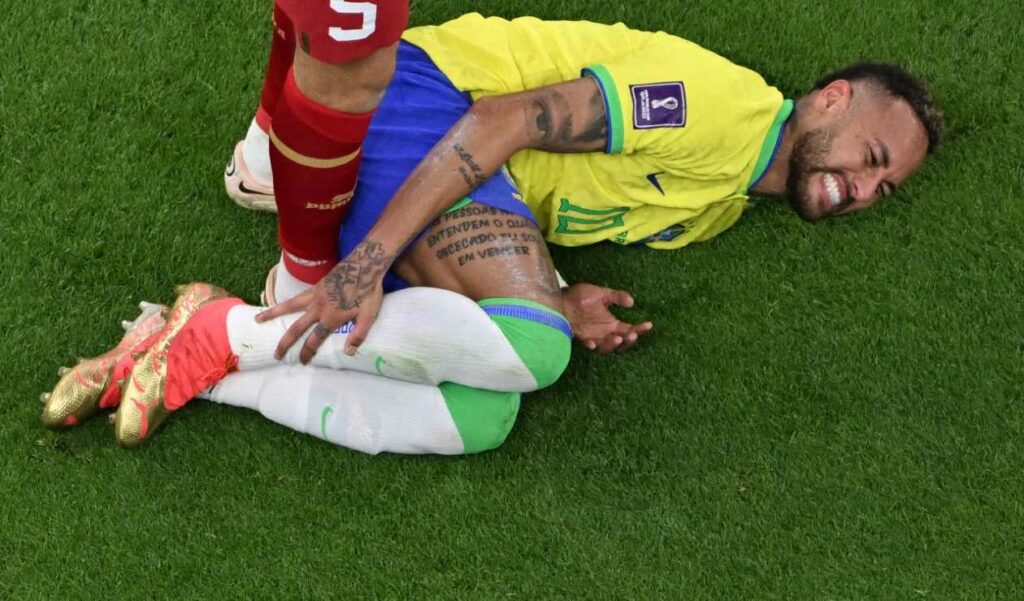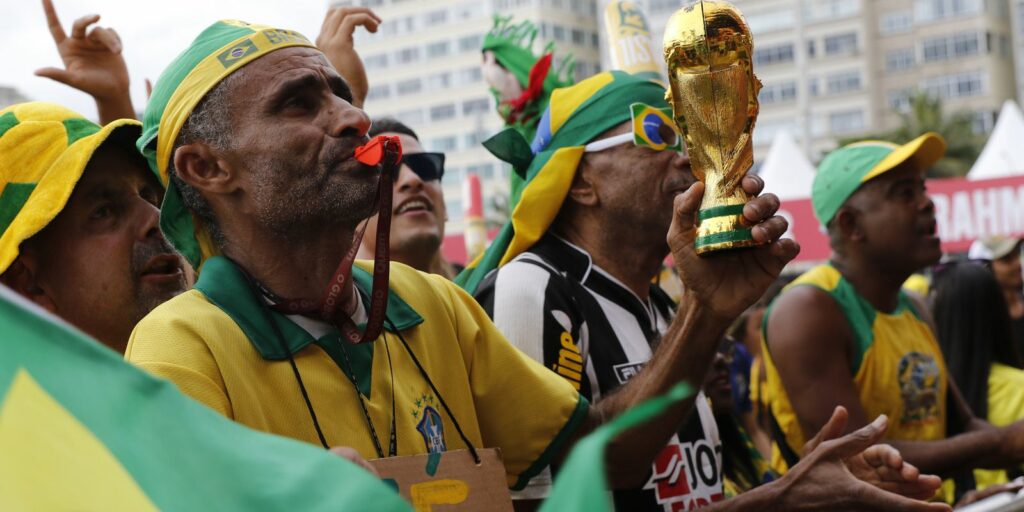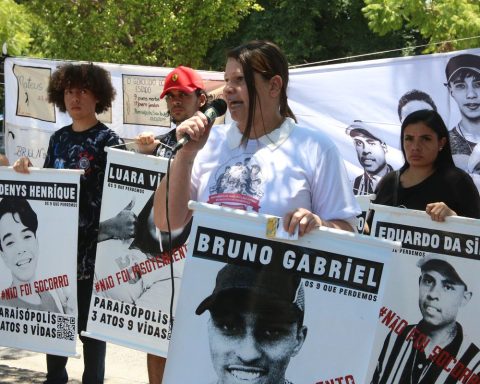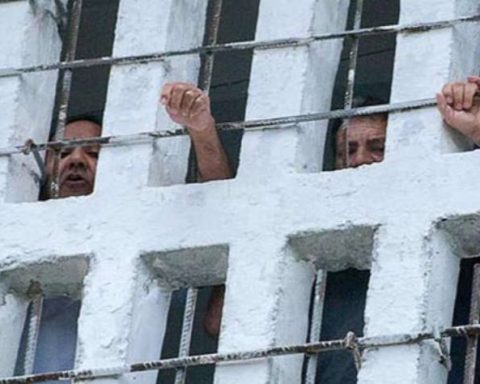Between the ruling party and the opposition, the People’s Party (PDG) wanders these days without a clear direction, with a group of deputies who have not managed to align themselves behind a collective strategy and that, a few months after the start of their administration parliamentary, is a fragmented bench, stressed and prey to its own contradictions. This since March, when he signed an administrative agreement with the government parties to ensure the governance of the Chamber, but then decided to withdraw from said pact and promote a new agreement with the right, dividing the votes and causing internal unrest in the community. After this attempt to boycott the pro-government intentions failed, recently a group of PDG parliamentarians signed an agreement with Chile Vamos to censor thirteen tables of the Corporation, which generated the immediate discomfort of the Government and the lagging sector, led by deputies Rubén Oyarzo and Gaspar Rivas.
But the internal divisions began to surface in the conversation after the exit plebiscite on September 4, in which the PDG was at times aligned behind the Rejection and where even the majority of its parliamentarians and promising figures were part of the respective official campaign. for that option. From there, remembered is the scandalous episode that the representative Rivas himself starred in one of the sessions of the controversial parallel discussion table on the continuity of the constituent process, which he abandoned amid shouts and accusations of violence. The other deputies also participated in said table and even, via telematics, its founder, the economist and former presidential candidate Franco Parisi. With the failure of this parallel space, critical voices began to emerge regarding the role that the PDG sought to play, and the place that it should occupy on the blurred national political map.
And it is precisely that today the community with the largest number of militants in the country is divided, in the midst of a dispute between the majority forces – of the ruling party and the opposition – who see this as a unique opportunity to gain support in a Lower House fragmented, where it is very difficult to find certainty and where the nine votes of the PDG quickly transformed it into a pivotal party. This situation –according to details from inside the store– caused discomfort in Chile Vamos, a sector that sought to prevent said emerging party from empowering itself and being able to negotiate to benefit the Government. For the intentions of the right to capitalize on the failure of the constitutional proposal and redouble the efforts to have a joint opposition, the PDG could represent a threat, or at least the party believes so.
After several attempts to rebuild relations between the members of the bench of deputies and deputies -a space that is today the great political bastion of the store-, the recent decision of a group of parliamentarians to reach an agreement with the right to censor certain deputies in their legislative work in different commissions, is one more step towards the definitive fragmentation. “The People’s Party is transforming into the ‘party for power’, it is going to the right in a scandalous way. The party has to maintain the political center, as I told the militants exactly one year ago.” , raised in this regard the deputy Gaspar Rivas.
In this sense, one of the hypotheses being considered around the internal crisis that is shaking the community – which emerged as an alternative to the traditional political system – is that it lacks a leadership that allows it to mobilize its militancy and keep aligned to his parliamentary caucus. Although the PDG was born in the heat of the political project of the figure of Franco Parisi and his presidential intentions, the controversies around him led the economist to distance himself from the front line of the media, limiting his influence to social networks and the internal role played in the collectivity. Although he continues to be listened to by a part of his militants, Parisi has not shown himself as the leader capable of reaching consensus and dealing with critical moments like this.
On the absence of a clear leadership and the problems that occurred in his party, the deputy Rubén Oyarzo admitted that “clearly there is more than one leadership and based on that the bench cannot be squared. Franco (Parisi) continues to be the natural leader of the PDG, as well as many other leaders that are being born at the national level within the community”. For his part, the parliamentarian denounced that there are currently deputies from Chile Vamos who are directing the PDG bench, and added that the only way out of this chaotic moment is to think about the group and its militant base.
For her part, the one who also recognizes the absence of internal leadership and the inability that they have had as a party to come to terms with regard to a program or a specific proposal, is the deputy Karen Medina, who prefers not to provide further information. “Everything is so mixed up, that I prefer not to give statements. But clearly the internal leadership is not there, our party lost focus on the principles the day it supported the egos of the opposition,” denounced the parliamentarian.
With its bench of deputies divided, the PDG today has a part of its leadership in the task of promoting alliances with independent parliamentarians, such as René Alinco and Pamela Jiles, in a strategy where the founder of the community, Franco, has played an active role. Parisi. On the other hand, a group of deputies from his caucus obeys the guidelines of Chile Vamos, “righting” an area that promised to be outside the well-worn incision between left and right. Finally, and as a lagging group, the deputies Rubén Oyarzo, Karen Medina, Gaspar Rivas and Francisco Pulgar, have had to face a series of accusations due to their possible closeness to the ruling party, which has made it impossible, until now, to unite a position as a group, in the different edges of the political discussion in the National Congress.
With Franco Parisi’s shadow slowly fading, the PDG must immediately find a leader capable of replacing him. Otherwise, and like so many other political projects prey to their own transience and inconsequentiality, the party could follow the path of the missing People’s List.

















